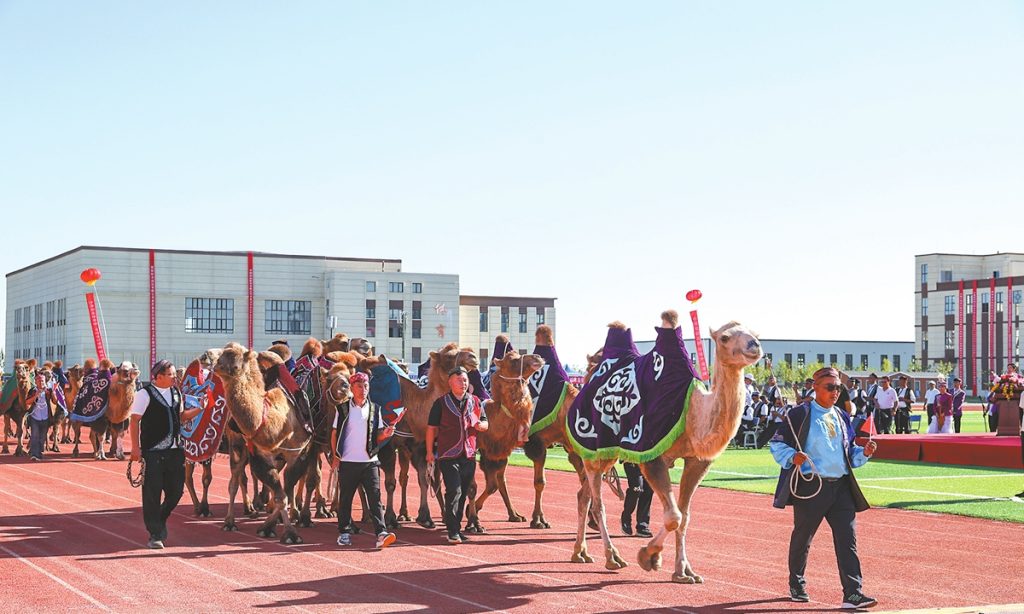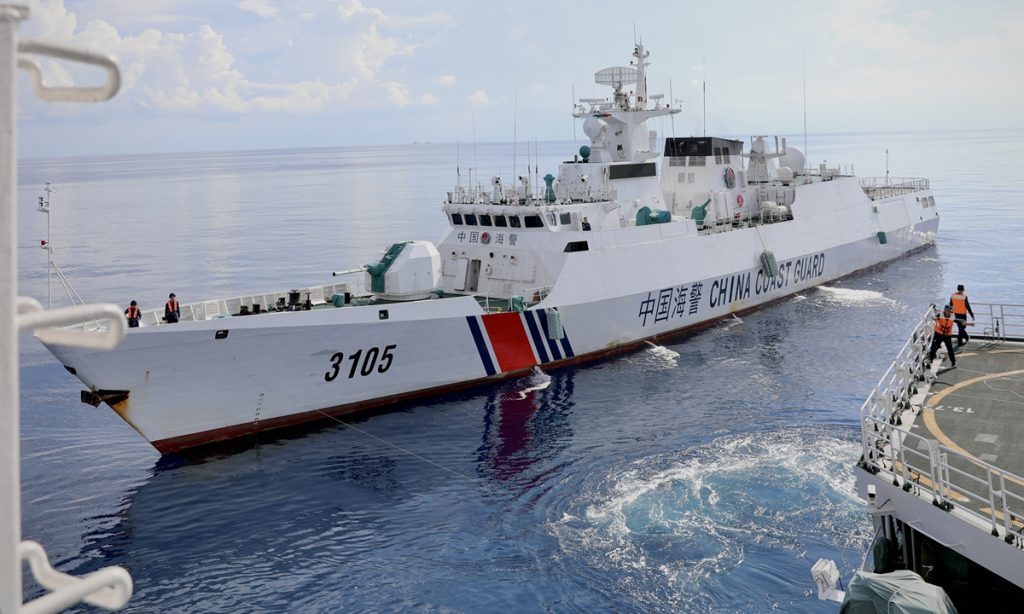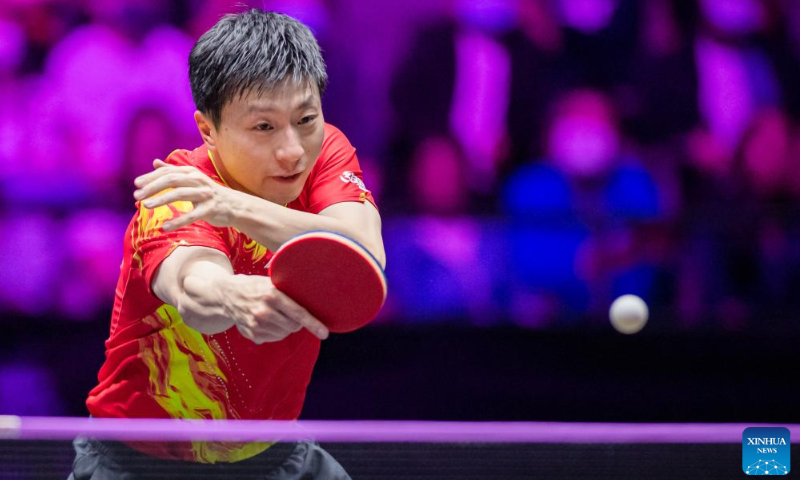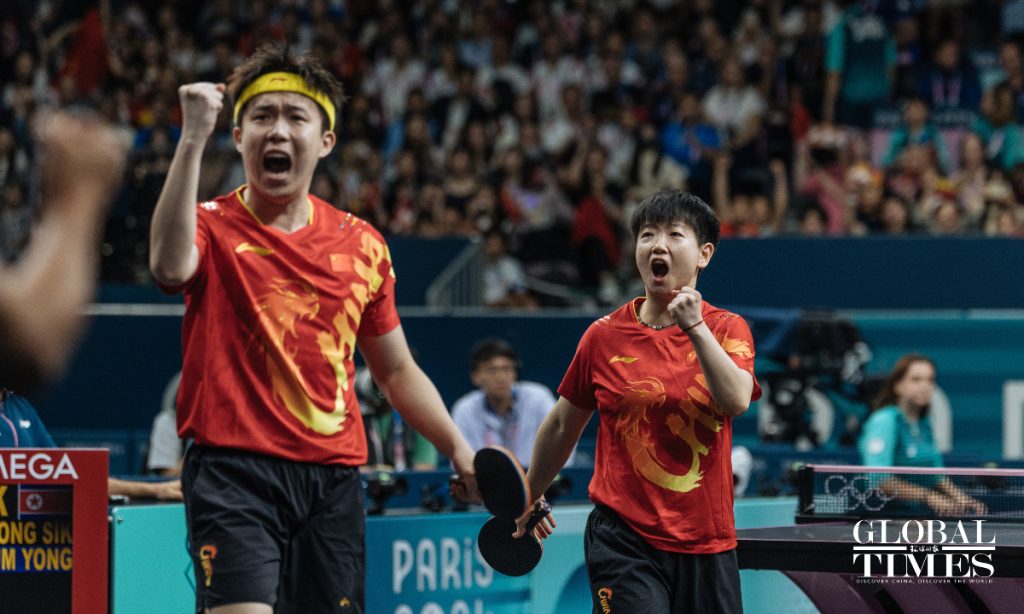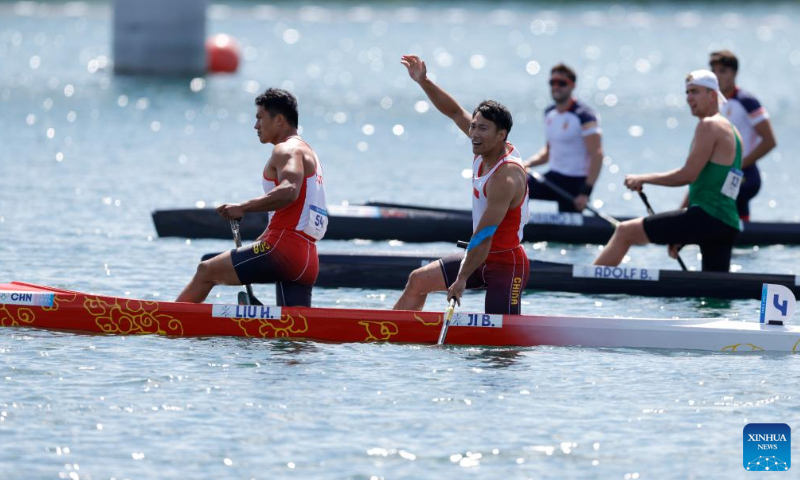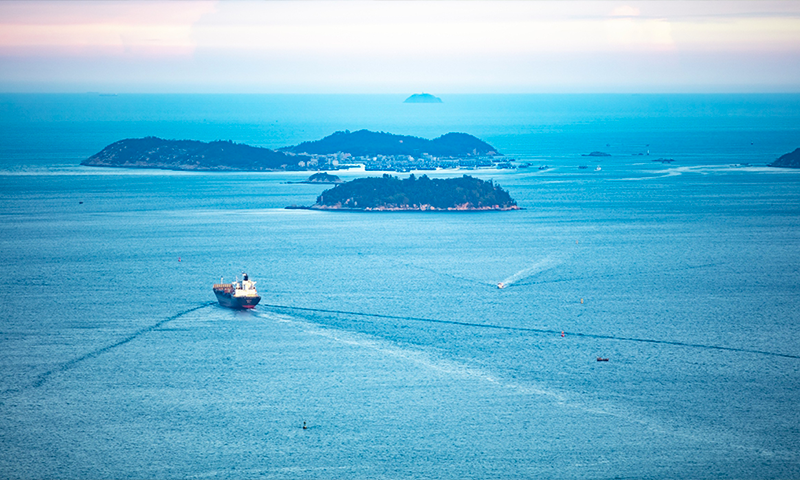Three Chinese players enter third round at US Open with standout performances
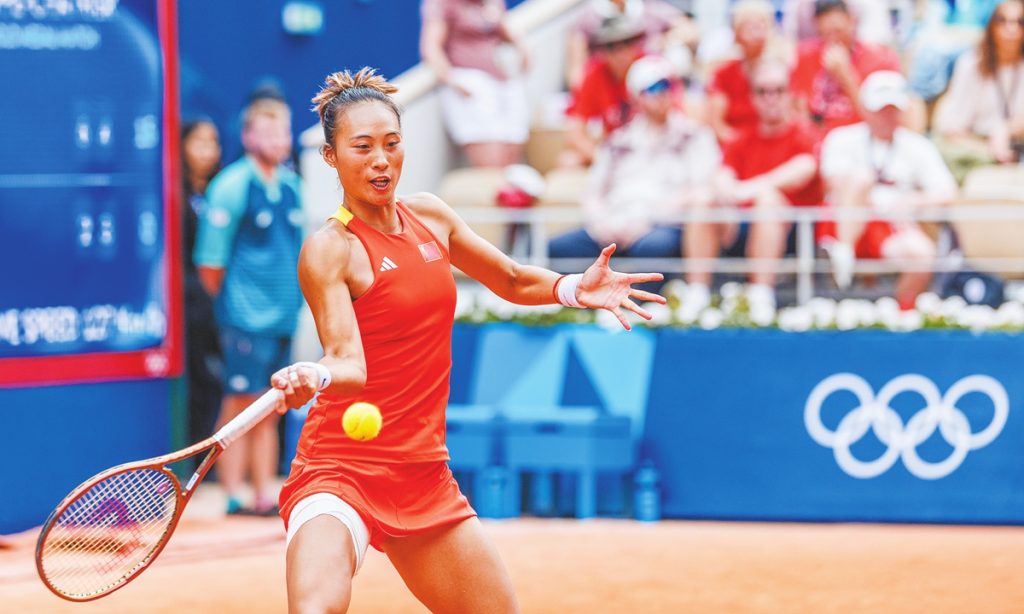
China's top tennis players delivered standout performances on the third day of the 2024 US Open, as Zheng Qinwen, Wang Yafan and Shang Juncheng all advanced to the third round.
Seventh-seeded Zheng faced a tough challenge from Erika Andreeva, who had cruised past China's Yuan Yue in the first round. Zheng won 6-7 (3/7), 6-1, 6-2.
"I started the match quite slow. Little by little I started to feel better in the reaction, in my serve," said Zheng.
"Honestly, today, I know [how] I entered the match wasn't the way I wanted, but I'm glad I still fought until the end. I didn't give up, because she got a lot of chances in the second set," Zheng added.
Meanwhile, Wang also made history by advancing to the round of 32 for the first time in her career. She defeated France's rising star Diane Parry in straight sets, 6-0, 6-4. Wang's first-serve win rate was 76 percent, significantly higher than Parry's 55. Next, Wang will face 20th seed and two-time US Open finalist Victoria Azarenka.
On the men's side, 19-year-old Shang also reached the round of 32 for the first time at the US Open, defeating Spain's Roberto Carballes Baena 6-2, 6-3, 7-6 (2). The victory propelled Shang to a new career-high ranking of world No. 65. His next opponent will be eighth seed Casper Ruud of Norway, who had battled for nearly three hours to overcome France's Gael Monfils.
